Newsletter
Don't miss a thing!
We regularly provide you with the most important news, articles, topics, projects and ideas for One World – No Hunger.
Newsletter
Don't miss a thing!
We regularly provide you with the most important news, articles, topics, projects and ideas for One World – No Hunger.
Please also refer to our data protection declaration.
The production of animal-source foods is becoming increasingly difficult due to the impact of climate change on the livestock sector in Africa. Though, Livestock make a crucial contribution to food security in Africa. Three papers by the Federal Ministry for Economic Cooperation and Development (BMZ), GIZ, ILRI and World Bank analyze, how Africas future livestock sector can look like.
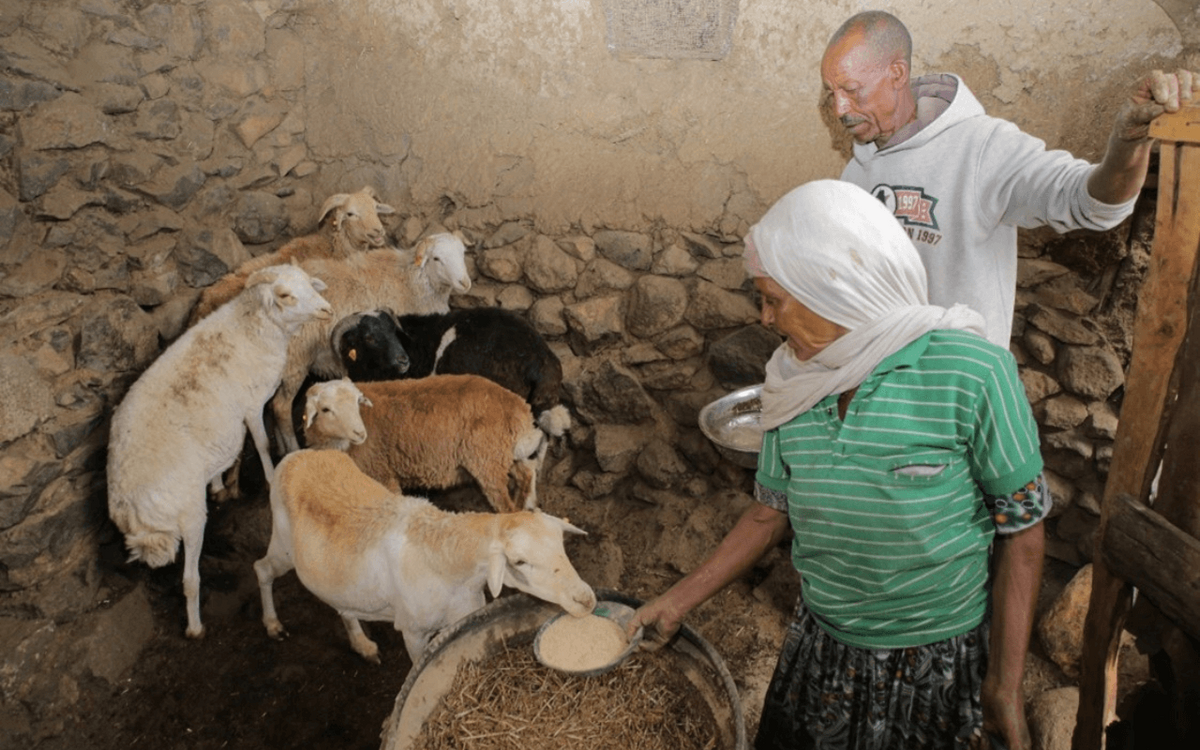
Livestock are an important supplier of animal protein in Africa and make a crucial contribution to food security. However, the production of animal-source foods is becoming increasingly difficult due to the impact of climate change on the livestock sector. Drought, heat and flooding are affecting livestock productivity, and in some regions, farmers are already being forced to abandon livestock keeping. At the same time, a large proportion of the continent's greenhouse gas emissions come from the livestock sector.
The Programme for Climate-Smart Livestock Systems (PCSL) has supported key stakeholders to find solutions to meet the increasing demand for animal-source foods while promoting climate-resilient and low-carbon development of the livestock sector. Within this framework, climate-smart practices and measures, based on the three pillars of climate-smart agriculture – productivity increase, adaptation to the negative impacts of climate change and reduction of greenhouse gas emissions, were identified and further developed. Together, the German Federal Ministry for Economic Cooperation and Development (BMZ), the Deutsche Gesellschaft für Internationale Zusammenarbeit (GIZ), ILRI and the World Bank have summarised the most important learning experiences and recommendations for action in three articles.
The first article addresses climate-smart practices and measures that can be implemented in mixed livestock systems.
Particular attention was given to practices that contribute to the reduction of greenhouse gas emissions from the largest emission sources - digestive processes of ruminants and manure. Many of the practices under consideration have the potential to simultaneously contribute to adaptation to climate change.
Climate-smart practices and measures have been identified particularly in the areas of feeding, herd and health management, breeding, and manure management. Through extensive research the effects of the practices were scientifically validated, and an important database has been created which can be used to support monitoring of greenhouse gases and the tracking of adaptation needs.
The second article focuses on pastoralists and extensive livestock systems. Over time, pastoralists have developed many strategies to adapt to the adverse environmental conditions in the regions where they live and work. Climate change and economic and social changes force them to find new adaptation strategies more and more often.
They introduce new breeds and management methods, divide and relocate their herds, or change feeding practices.
Some pastoralists are particularly successful at making a living in the face of a rapidly changing world. PCSL has identified some of these "adaptation champions" at various research locations in East Africa and supported them in scientifically validating the effectiveness of their adaptation strategies and in passing on the knowledge to other pastoralists in order to anchor their strategies on a broad scale.
The third article deals with the measurement of greenhouse gas emissions and the tracking of adaptation needs in the African livestock sector. The project has made a decisive contribution to improving the data base and methods for measuring greenhouse gas emissions and adaptation needs. African experts now have access to data that takes the local conditions of different livestock systems (a so-called Tier-2 approach) into account. Before, they had to rely on generic data from the Intergovernmental Panel on Climate Change (IPCC) for estimating greenhouse gas emissions (Tier 1 approach), which has often led to an overestimation.
The new data and methods will enable African countries to report their needs for implementing adaptation strategies more accurately as well as progress made towards achieving emission reduction targets under the Paris Agreement.
The PCSL was funded by the Federal Ministry for Economic Cooperation and Development (BMZ) and implemented by the Deutsche Gesellschaft für Internationale Zusammenarbeit GmbH (GIZ), the International Livestock Research Institute (ILRI) and the World Bank between 2018 and 2022 in various African countries. Please click here to view the articles.
For further information please contact Gesine Hänsel, Advisor at GIZ (gesine.haensel@giz.de) or Todd Crane, Principal Scientist for Climate Change Adaptation at ILRI (t.crane@cgiar.org).
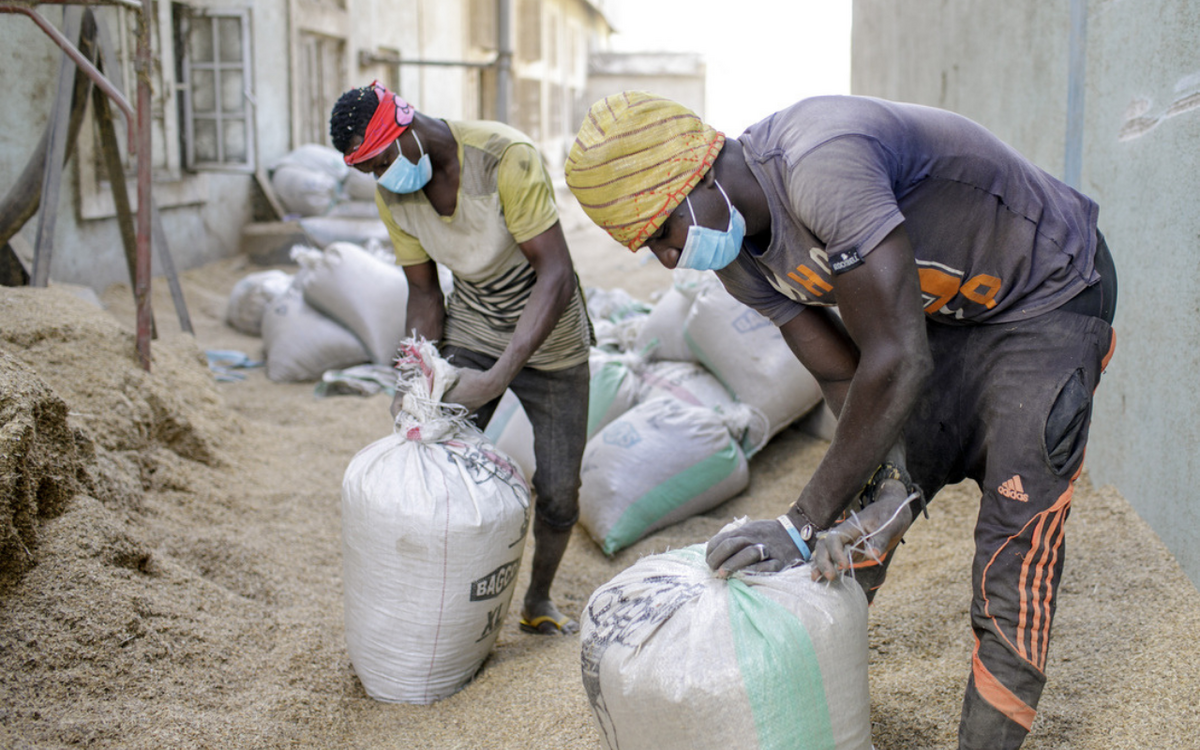
Read more The lessons learned from the last food crisis - A solution?

Read more What does it take to truly shift the paradigm on food systems?

Read more "Human capital will play a pivotal role in the transformation of African economies"
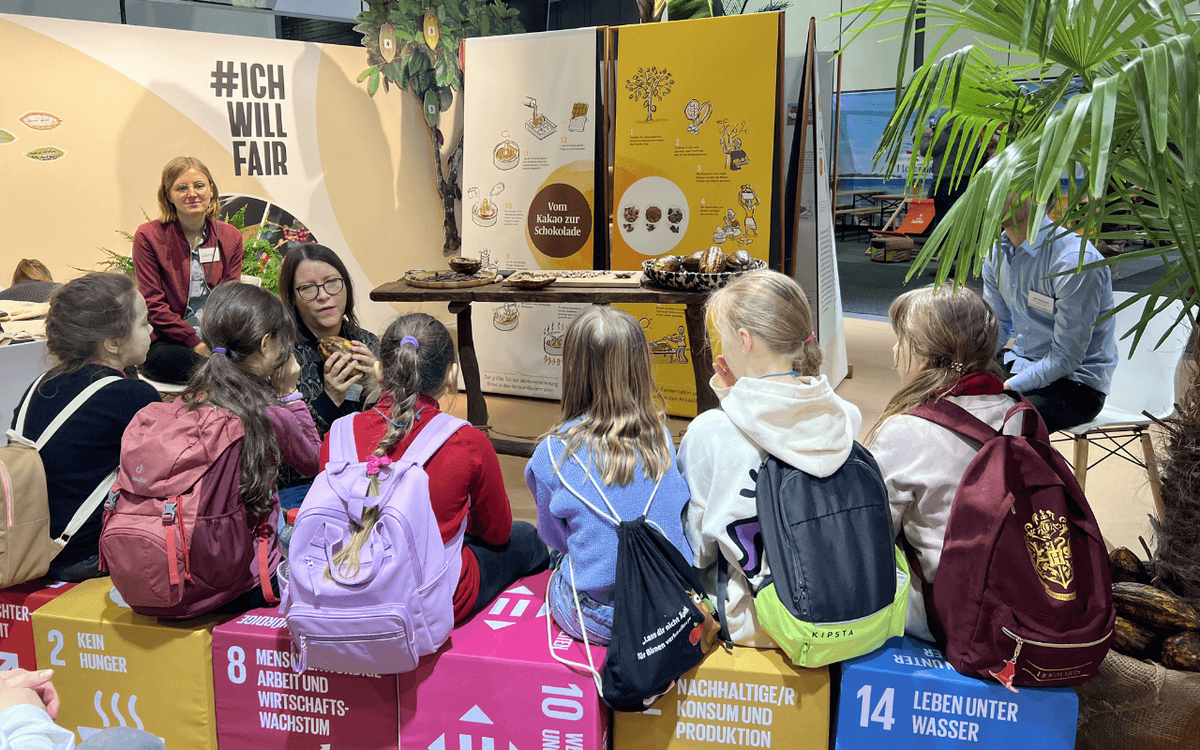
Read more When sustainability becomes part of the curriculum

Read more Organic certification as an opportunity for developing and emerging countries

Read more COVID-19 and Rising Food Prices: What’s Really Happening?
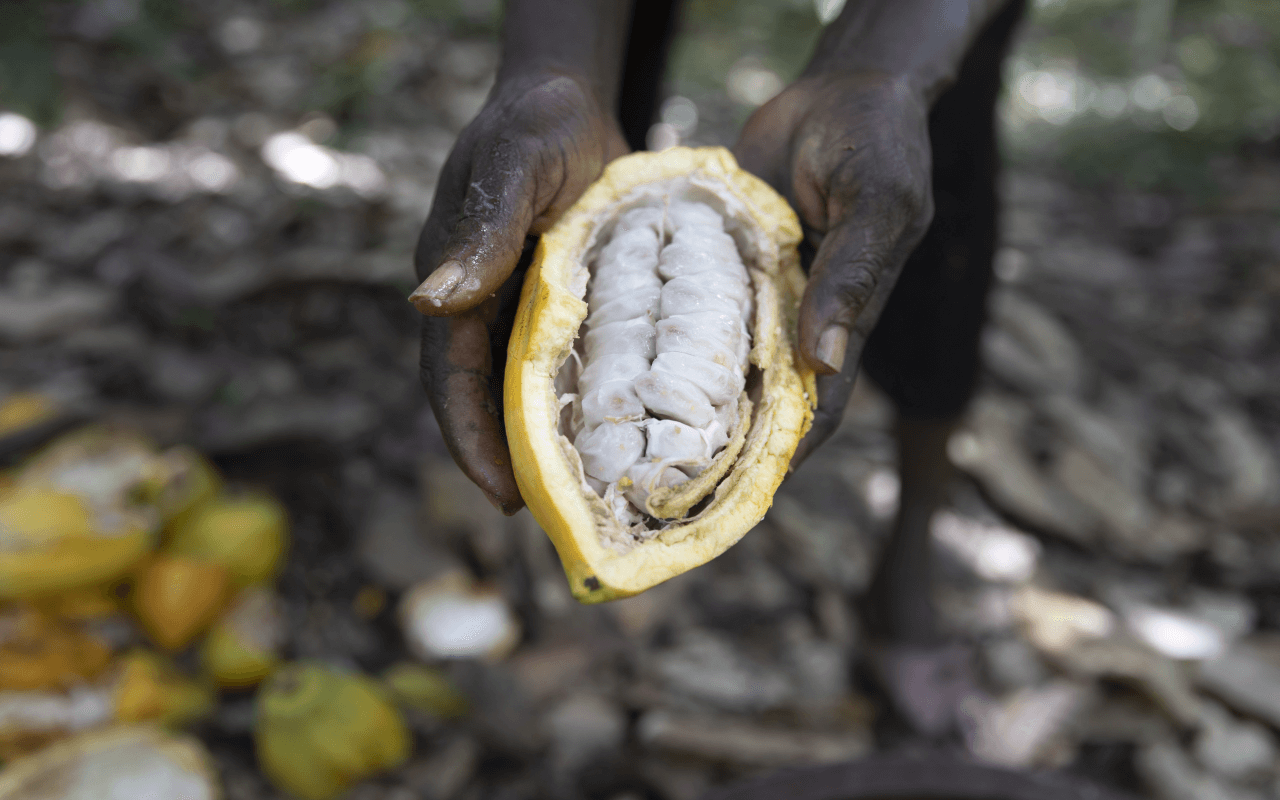
Read more Côte d’Ivoire: Sweet Temptation without a Bitter Taste

Read more COP27: Agri-food systems in the focus of the climate discussion
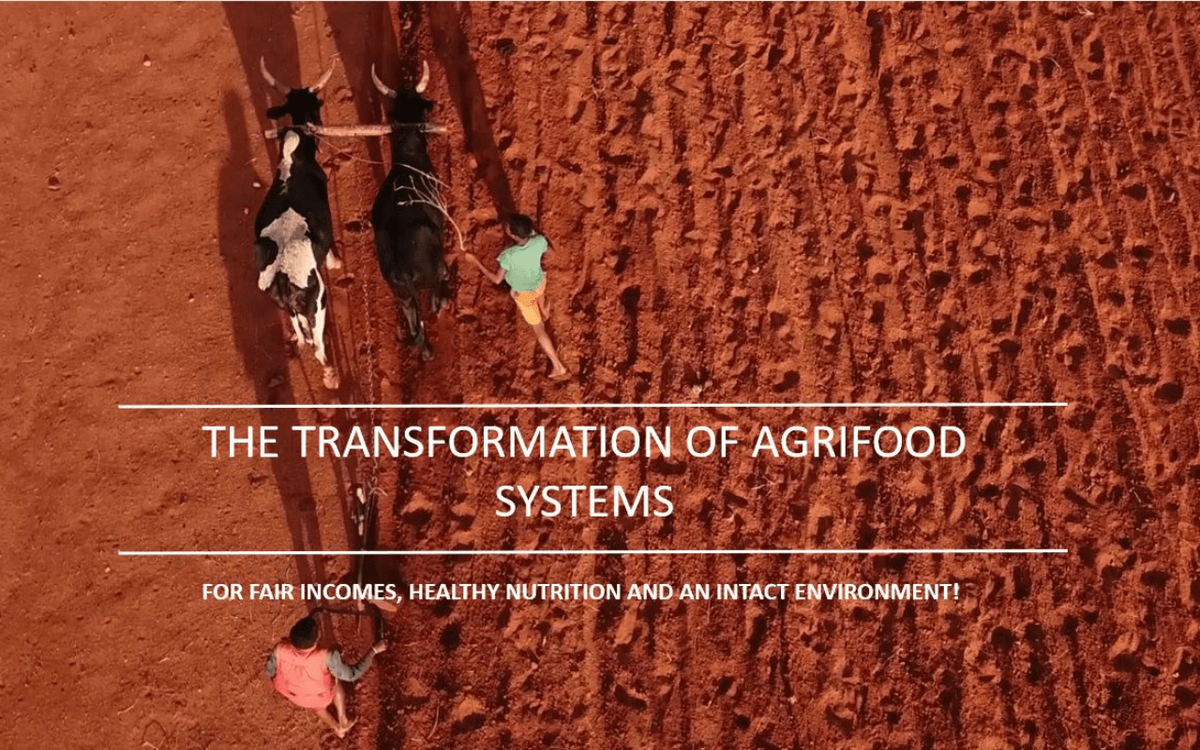
Read more BMZ releases video on the transformation of agricultural and food systems

Read more The Key to Transforming Food Systems Lies in Inclusive Governance
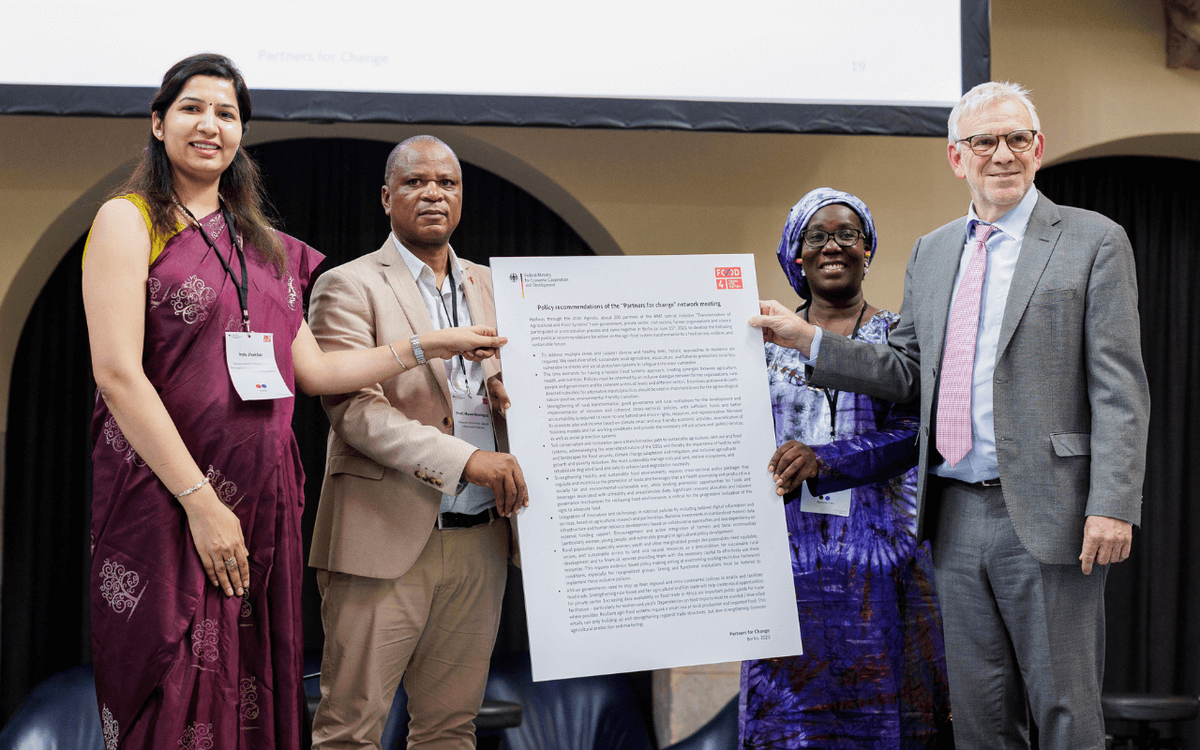
Read more Partners for change - Network meeting on transforming agricultural and food systems

Read more The Agri-Food Map: An interactive map to explore sustainable agri-food systems

Read more Towards Climate Justice: Securing Women’s Land Rights for a Resilient Tomorrow
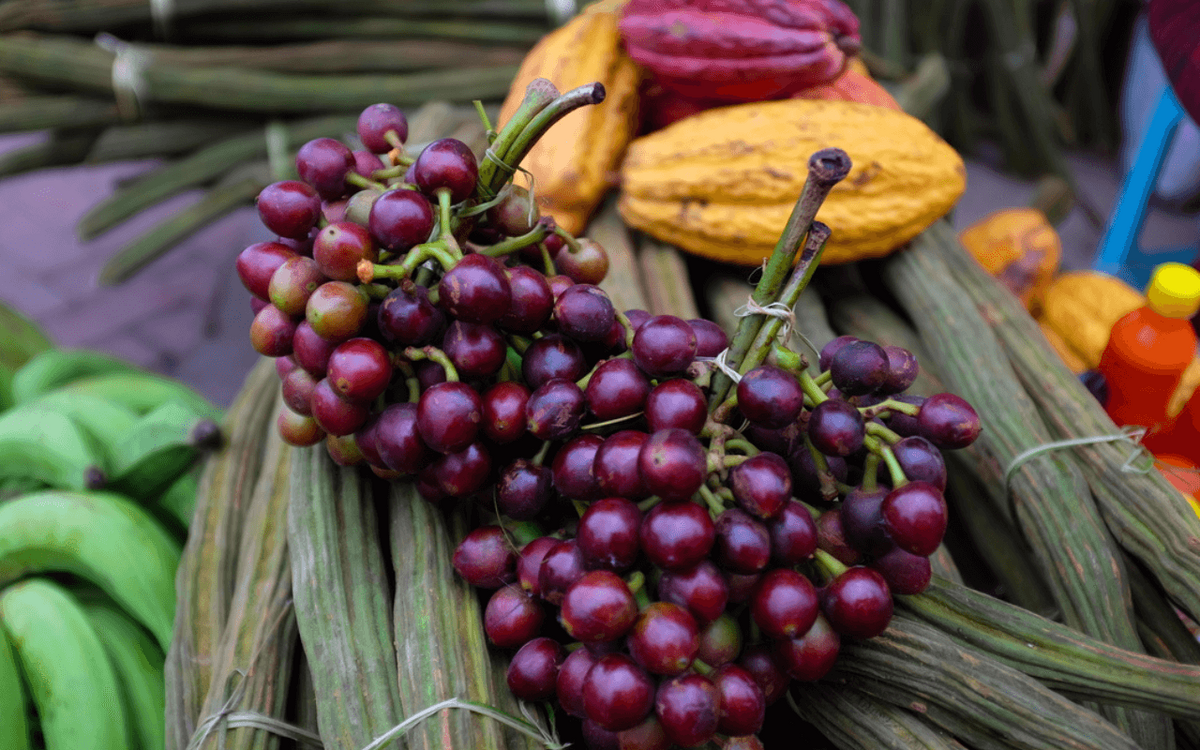
Read more The common thread is the importance of collaboration
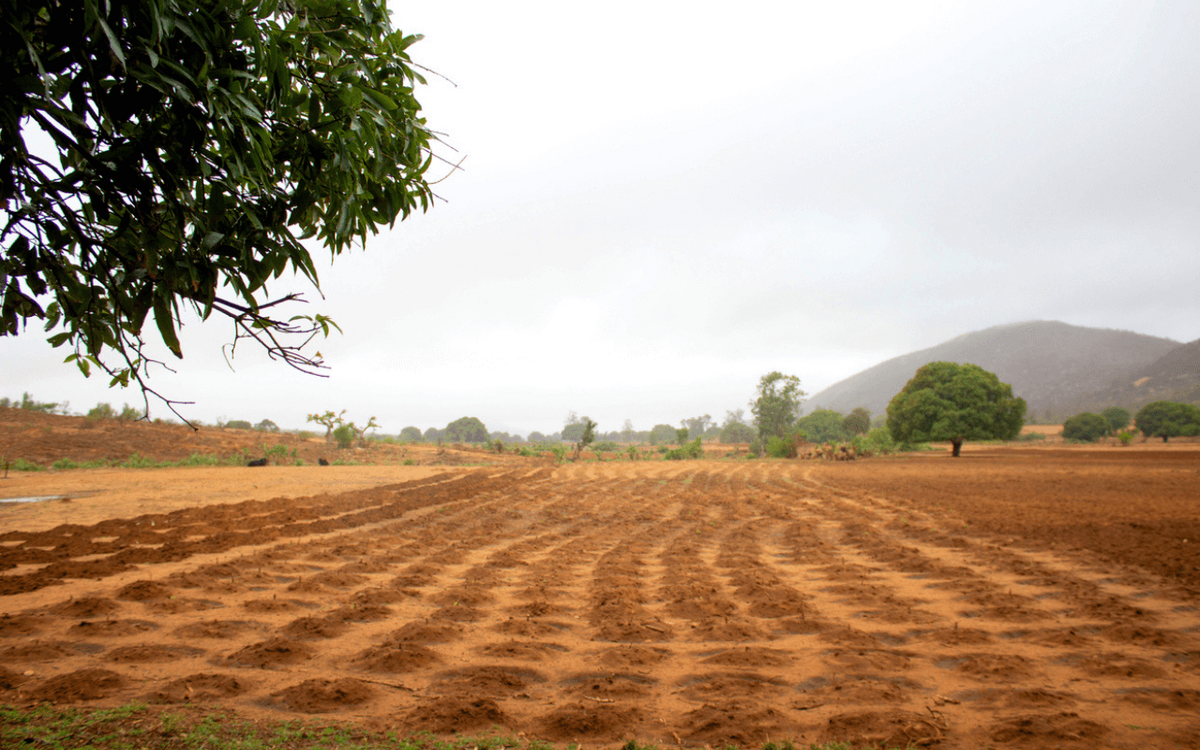
Read more Reforming agricultural policies to sustainably transform food systems
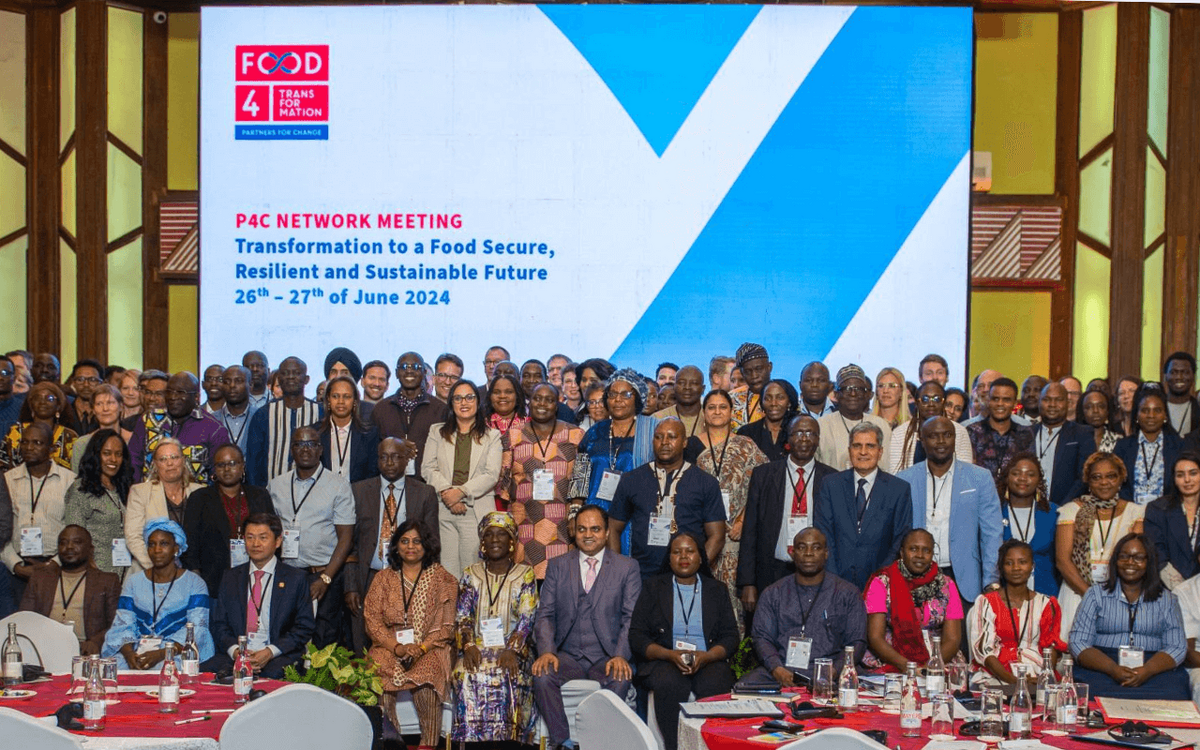
Read more Sustainable and Resilient Agri-Food Systems in Motion – We’re on it!

Read more Adapted financial services – a key to transformation

Read more Financing Agrifood Systems for People, Planet and Prosperity

Read more Let Me Tell You: How Zambia Uses Comics and Animation to Inspire Healthy Eating

Read more Governor's Day with Farmers – For more discussion with local actors

Read more The goals of transformation should leave no one behind
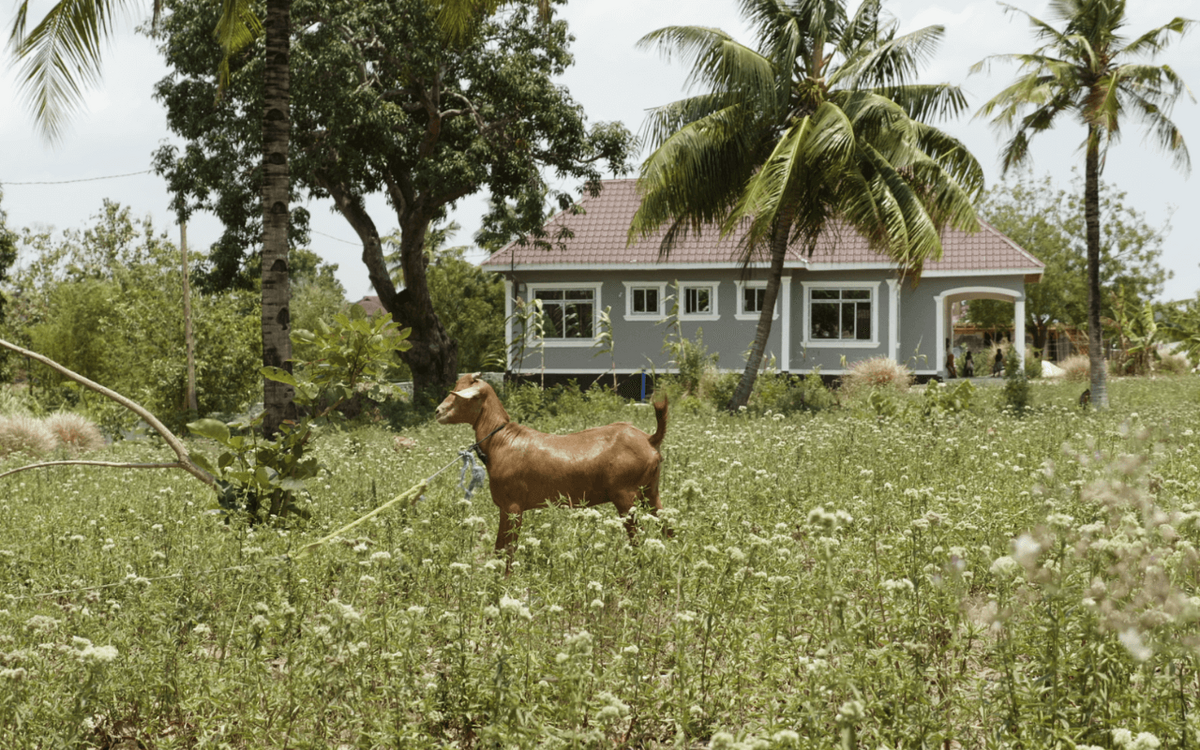
Read more How a Nigerian fintech wants to secure 1 billion US dollars for farms
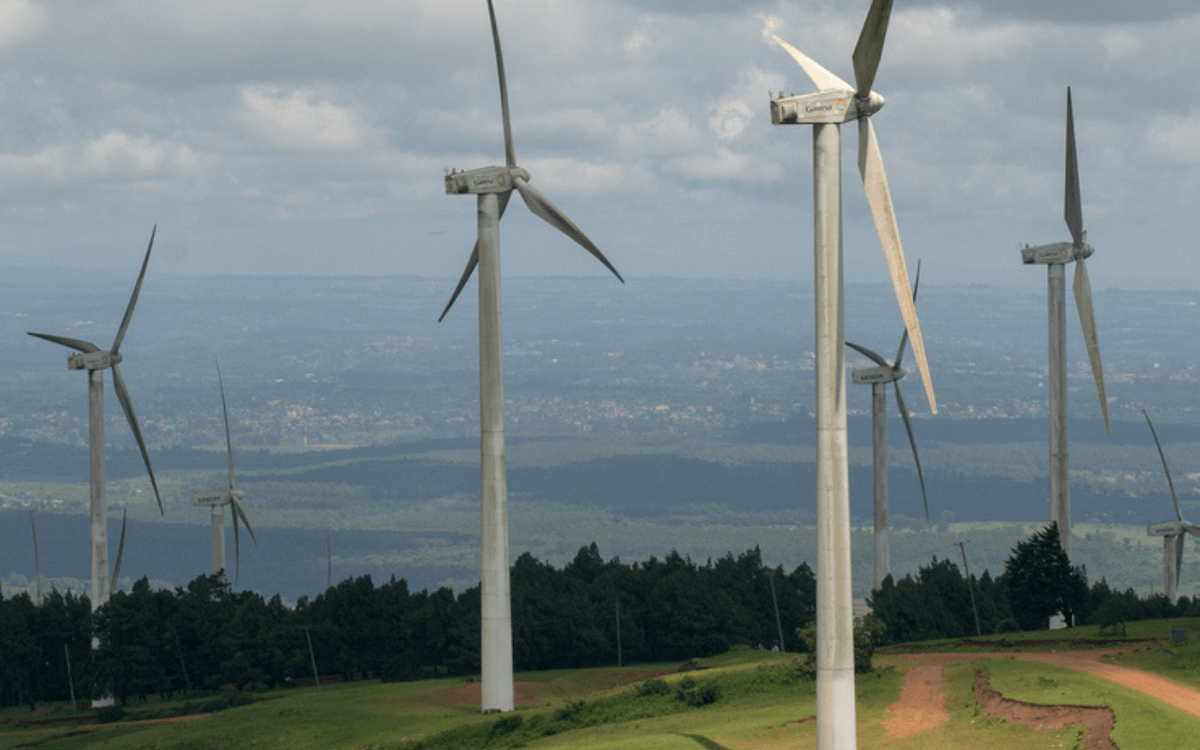
Read more The rush for green energy shouldn’t undermine rights of pastoralist communities

Read more CompensACTION aims to reward farmers for climate performance

Read more From the perennial to the catwalk – banana silk as an alternative

Read more A framework for sustainable and fair agriculture and food systems

Read more Female Leadership: A Key Lever for Transformation?
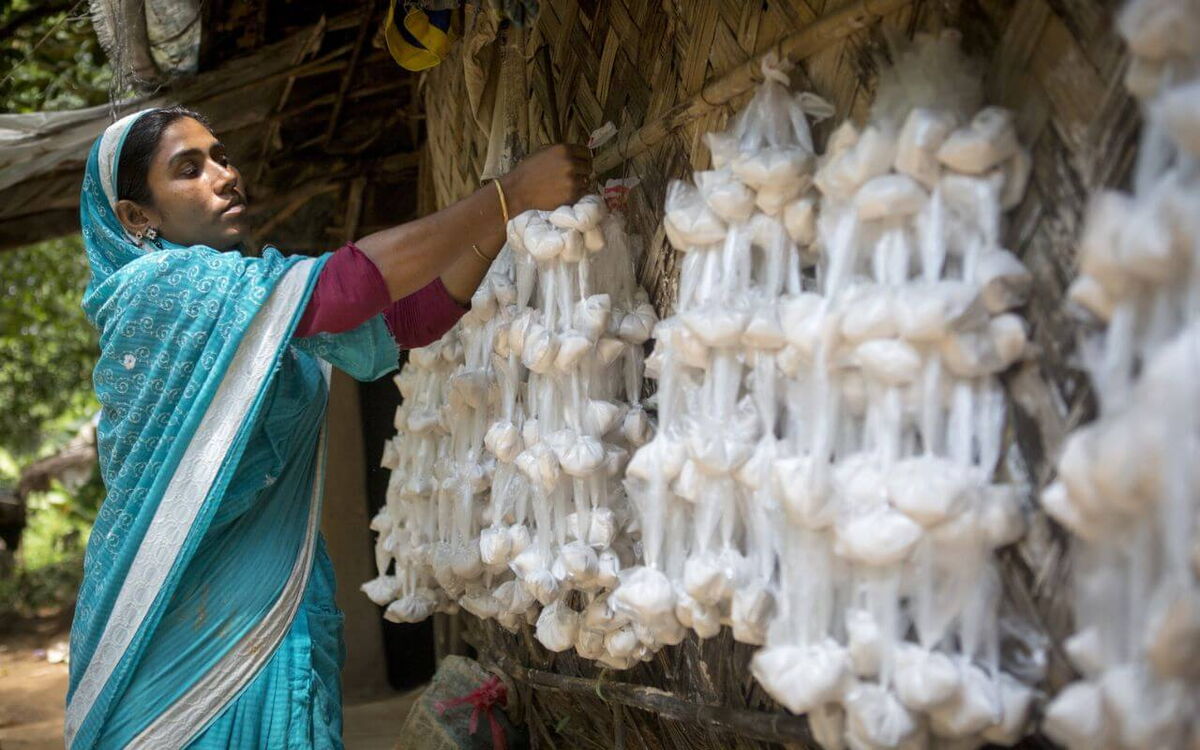
Read more Gender-Transformative Approaches – Unlocking Everyone’s Potential
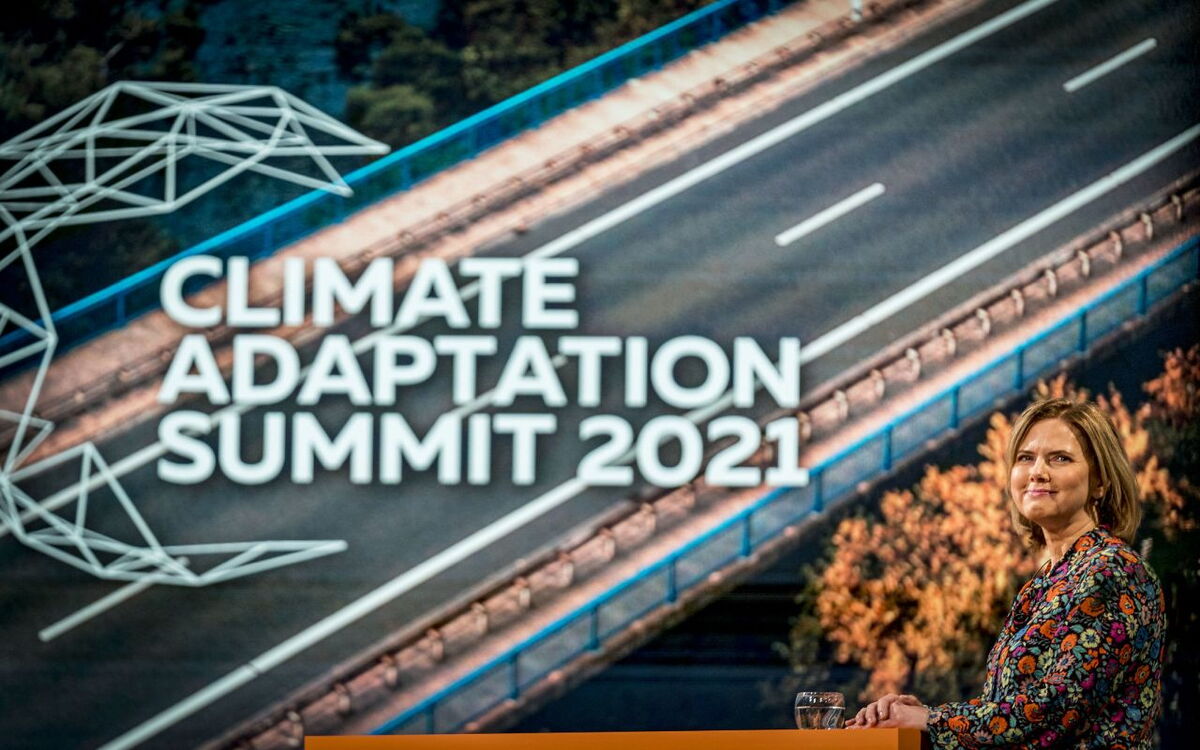
Read more Climate Adaptation Summit 2021: ‘We can do better’

Read more Mr. Samimi, what is environmental change doing to Africa?

Read more Resilient small-scale agriculture: A key in global crises

Read more One Health – What we are learning from the Corona crisis

Read more Ms Rudloff, what are the benefits of a supply chain law?

Read more Freed from trade? Towards a fairer EU Trade Agenda


Read more What do you expect from this Pre Summit, Mr. Haddad?

Read more Mr. Campari, how do we create sustainable food systems?
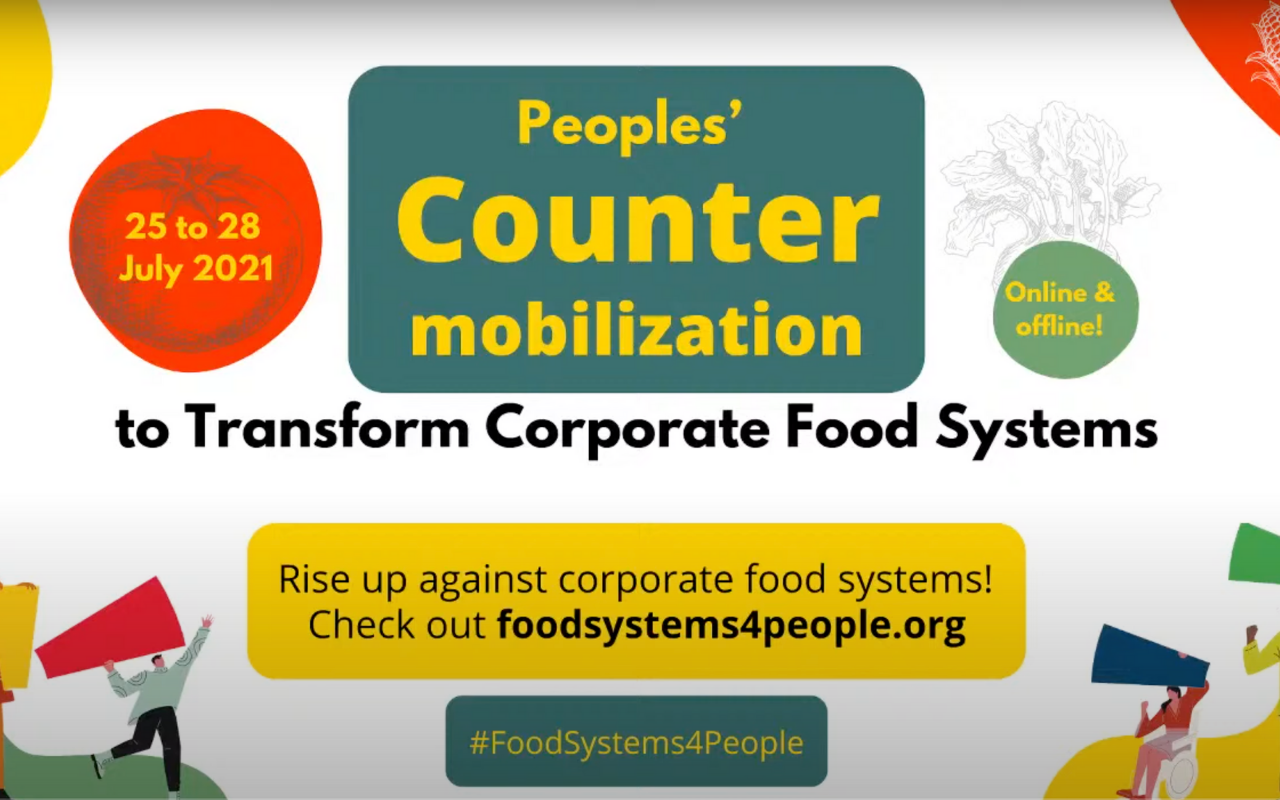
Read more Mr. Marí, what happened at the alternative summit?

Read more Food System Transformation Starts and Ends with Diversity
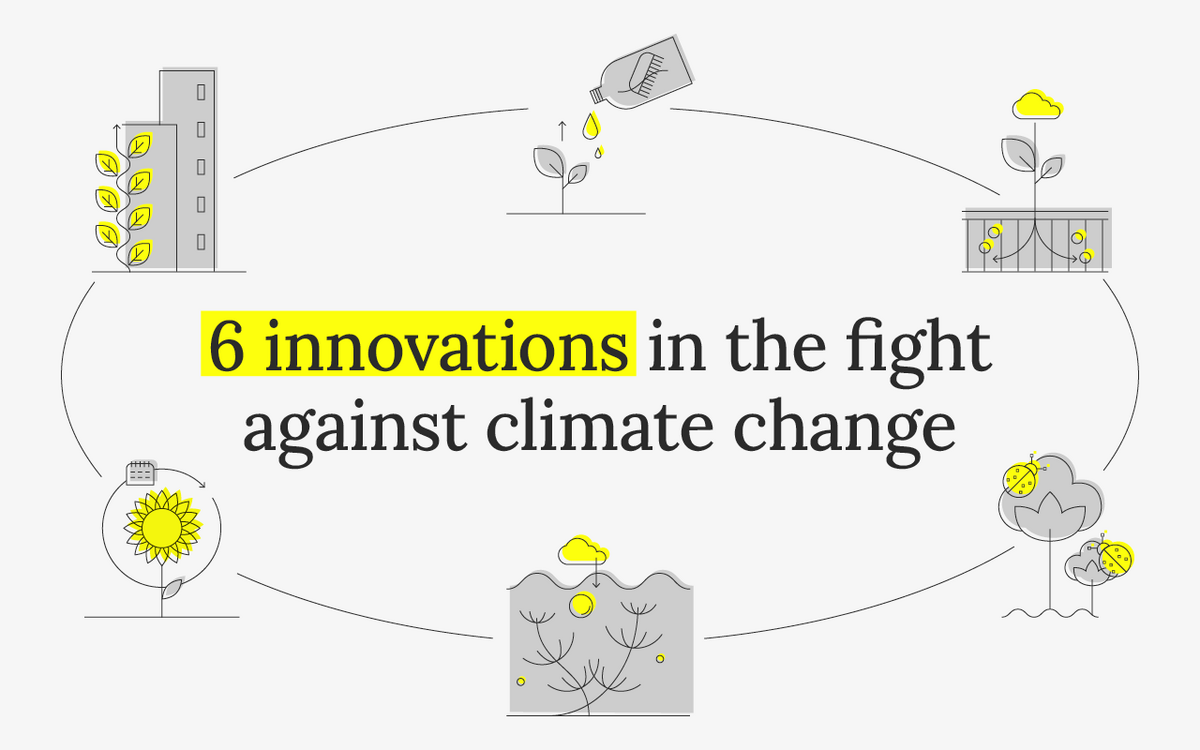
Read more City, Country, Sea: 6 Innovations in the Fight Against Climate Change

Read more ‘None of the Three Traffic Light Coalition Parties is Close to the Paris Agreement’

Read more ‘Preserving and restoring fertile soils is a global responsibility.’

Read more Food security is more than production volumes and high yields

Read more Strengthening food markets across the rural-urban continuum
We use cookies on our website. Some of them are essential, while others help to improve your user experience. Your consent is voluntary and can be revoked at any time on the "Privacy" page.
Protects against cross-site request forgery attacks
Saves the current PHP session.
Content from third-party providers, such as YouTube, which collect data about usage. Third-party content embedded on this website will only be displayed to you if you expressly agree to this here.
We use Matomo analytics software, which collects anonymous data about website usage and functionality to improve our website and user experience.